-
Paddy Wade Fostered Science and Nature, Globally and Locally
Emily “Paddy” Wade. Courtesy Image Emily “Paddy” Wade was a citizen of the world, renowned as a passionate advocate for preserving and appreciating nature’s bounty and for expanding educational opportunities in science. She also was a citizen of Bedford for more than 70 years; a parent and a grass-roots volunteer whose wisdom and involvement helped…
-
Newly-Discovered Species of Mammal Lived 610,000 Years after Dinosaur Extinction
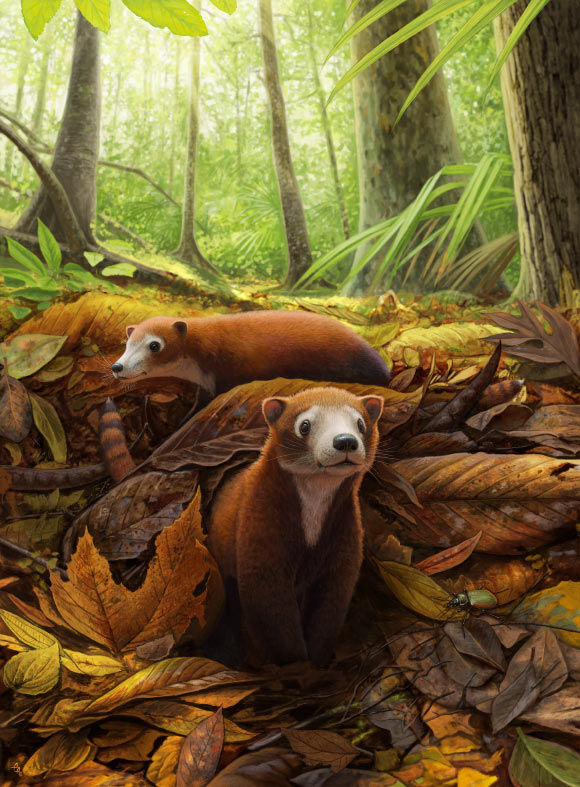
Paleontologists from Denver Museum of Nature & Science, Kent State University, the University of Michigan and City University of New York have discovered the fossilized remains of a mammal species which walked the Earth some 65.5 million years ago. Life reconstruction of Militocodon lydae. Image credit: Denver Museum of Nature & Science. The newly-discovered species…
-
Retail India News: WOW Skin Science Introduces ‘Activated Naturals’ Product Line
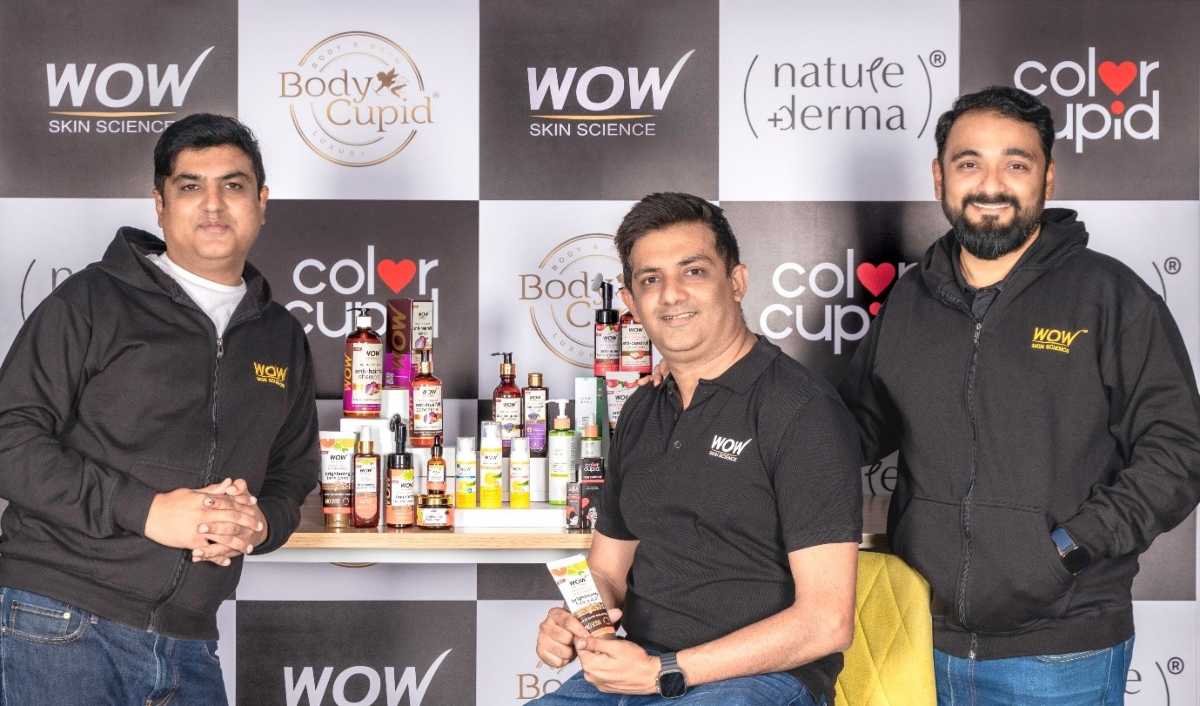
India’s largest organic and natural grocery retailer, The Organic World (TOW), is enhancing its personal care and hygiene product offerings by introducing six new categories. Focused on addressing the market demand for sustainable options, TOW aims to provide Indian consumers with environmentally friendly, biodegradable, and chemical-free choices in their everyday personal care routines. The beauty…
-
Deep learning sheds new light on non-orthogonal optical multiplexing
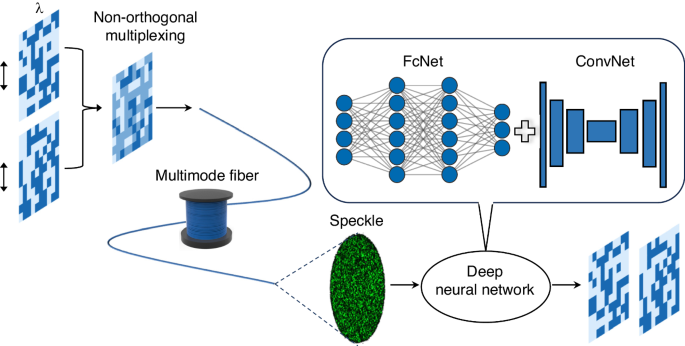
Abstract A deep neural network for non-orthogonal input channel encoding is proposed to recover speckle images through a multimode fiber. This novel approach could shed new light on the non-orthogonal optical multiplexing over a scattering medium. Optical multiplexing is one of the key technologies of modern fiber communication, where wavelength division multiplexing, polarization division multiplexing,…
-
Application of citizen science with the nationwide bird census
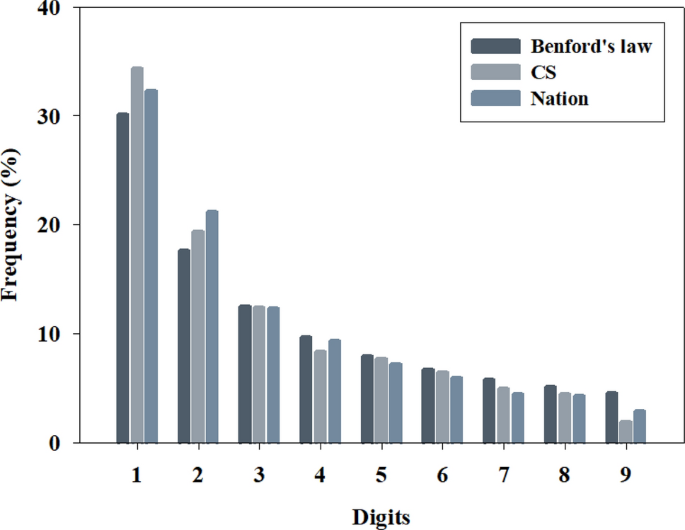
Abstract Citizen science (CS) is the most effective tool for overcoming the limitations of government and/or professional data collection. To compensate for quantitative limitations of the ‘Winter Waterbird Census of Korea’, we conducted a total of four bird monitoring via CS from 2021 to 2022. To use CS data alongside national data, we studied CS…
-
Volume 4
Prediction of life outcomes While the socio-demographic factors that play an important role in human lives are well understood, accurately predicting life outcomes has not been possible. In this issue, Sune Lehmann et al. introduce a machine learning approach, based on language processing techniques, that can predict different aspects of human lives. The proposed model…
-
Denver Museum of Nature and Science researchers discover 65-million-year-old mammal in Colorado Springs area
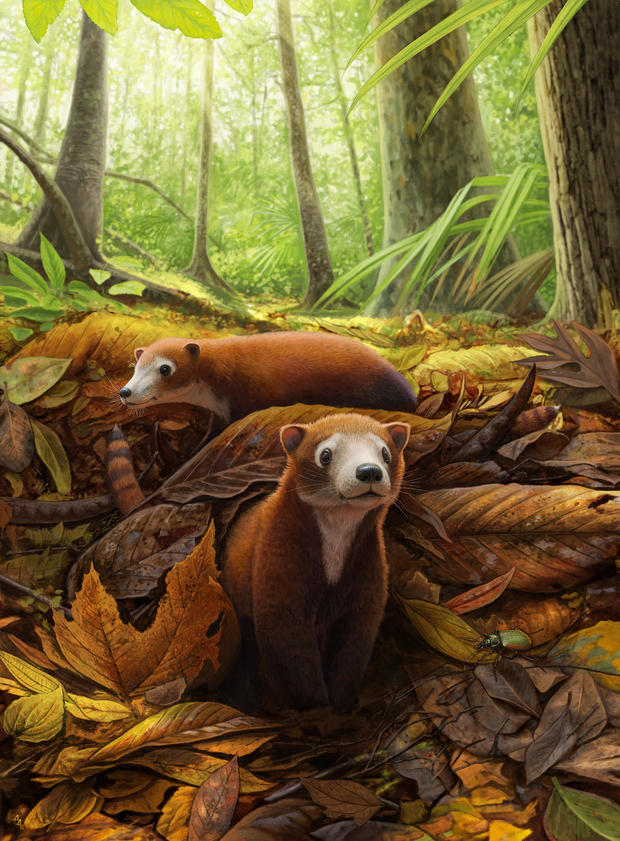
Researchers discover 65-million-year-old mammal near Colorado Springs Researchers discover 65-million-year-old mammal near Colorado Springs 00:37 It’s a discovery 65 million years in the making. Researchers at Denver Museum of Nature and Science discovered a new mammal species in Corral Bluffs east of Colorado Springs. Denver Museum of Nature and Science What makes the discovery of…
-
Advancements in multicellular simulations
Multicellular modeling is increasingly being used to understand biological systems. SimuCell3D is a tool that allows mechanically realistic simulations, using the deformable cell model, to be developed and run. This is a preview of subscription content, access via your institution Access options Access through your institution Change institution Buy or subscribe /* style specs start…
-
Active self-treatment of a facial wound with a biologically active plant by a male Sumatran orangutan
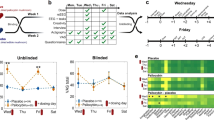
Abstract Although self-medication in non-human animals is often difficult to document systematically due to the difficulty of predicting its occurrence, there is widespread evidence of such behaviors as whole leaf swallowing, bitter pith chewing, and fur rubbing in African great apes, orangutans, white handed gibbons, and several other species of monkeys in Africa, Central and…
-
Scientists can now grow diamonds faster than you can watch ‘Oppenheimer’
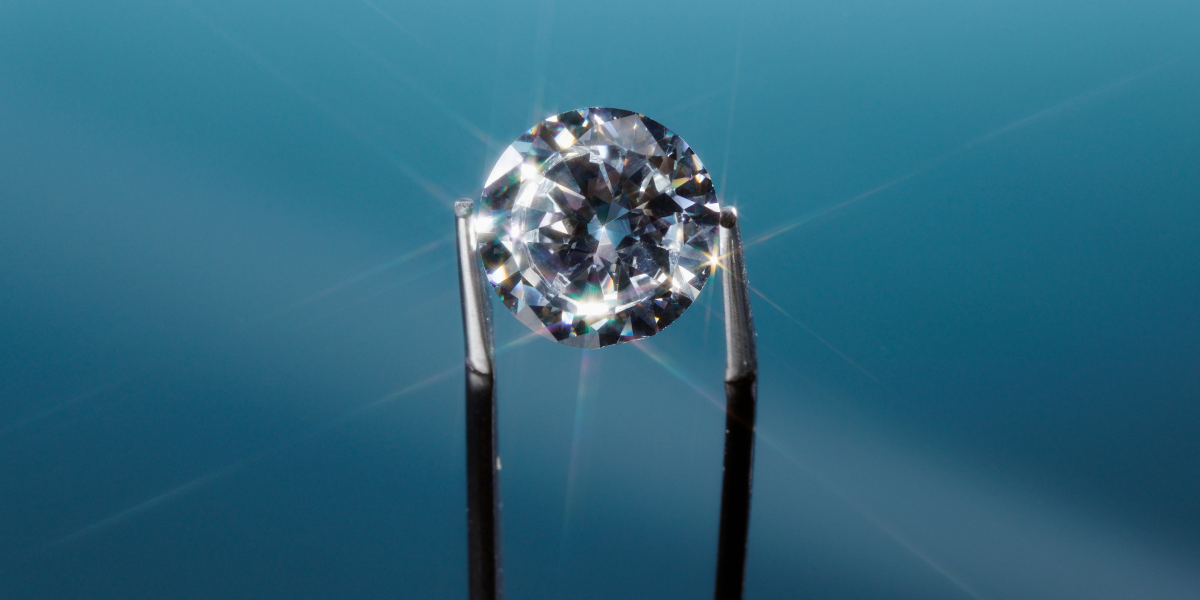
Scientists have figured out how to grow synthetic diamonds in just 150 minutes—and that could be bad news for natural jewels. In a study published in scientific journal Nature last week, researchers from the Institute for Basic Science in South Korea detailed a new method of growing diamonds using a mixture of liquid metals. The…